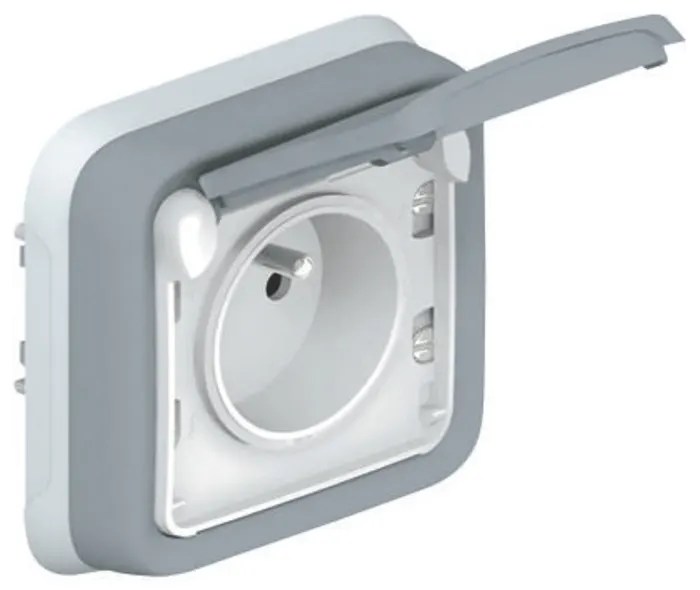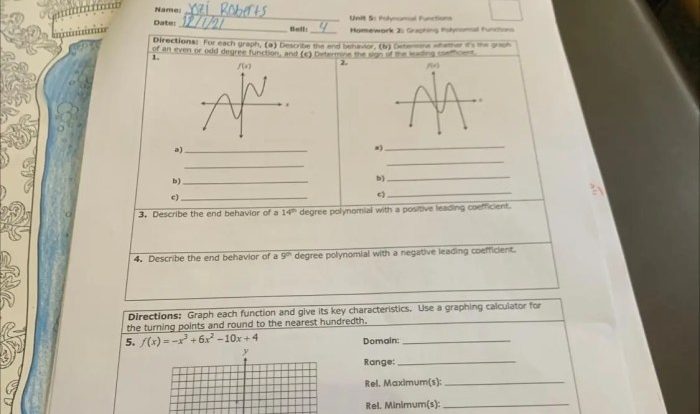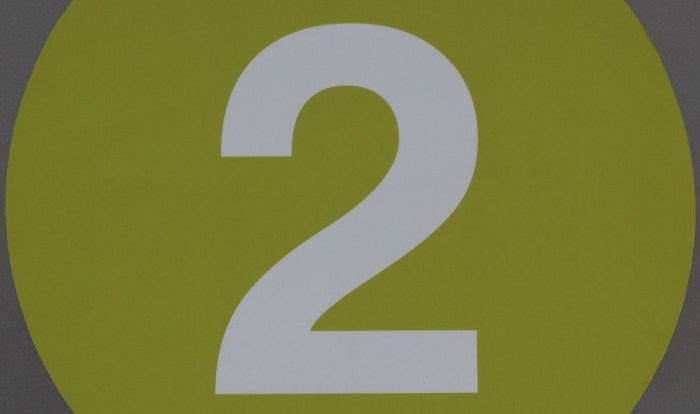Round 0.698 to the nearest hundredth – Rounding 0.698 to the nearest hundredth is a fundamental mathematical operation that involves approximating a decimal number to a specific level of precision. This process plays a crucial role in various fields, from scientific calculations to financial transactions. In this article, we will delve into the concept of rounding, demonstrate the step-by-step procedure for rounding 0.698 to the nearest hundredth, and explore the practical applications and potential errors associated with rounding.
The concept of rounding numbers involves adjusting a number to a desired level of accuracy by either truncating or extending its decimal representation. Rounding to the nearest hundredth means approximating a number to two decimal places. For instance, rounding 0.698 to the nearest hundredth would result in either 0.69 or 0.70, depending on the rounding technique employed.
Rounding Numbers
Rounding numbers is a mathematical technique used to simplify or approximate numerical values by removing unnecessary digits. It involves replacing a given number with a value that is close to it but has fewer decimal places.
For example, the number 3.141592653589793 can be rounded to 3.14 to the nearest hundredth, which means that the value is approximated to two decimal places.
The term “hundredth” refers to the third decimal place in a number. When rounding to the nearest hundredth, the number is rounded to the nearest value that is a multiple of 0.01.
Rounding 0.698 to the Nearest Hundredth

To round 0.698 to the nearest hundredth, we look at the digit in the third decimal place, which is 9.
Since 9 is greater than or equal to 5, we round up the second decimal place, which is 8, to 9.
Therefore, 0.698 rounded to the nearest hundredth is 0.69.
Applications of Rounding

Rounding numbers has practical applications in various fields, including:
- Science:Rounding is used to simplify calculations and measurements, such as rounding the mass of an object to the nearest gram or the distance to the nearest kilometer.
- Engineering:Rounding is used in design and construction to simplify calculations and ensure precision, such as rounding the dimensions of a building to the nearest centimeter.
- Finance:Rounding is used to simplify calculations and present financial data in a more manageable form, such as rounding the price of a stock to the nearest dollar.
- Everyday life:Rounding is used in everyday calculations, such as rounding the time to the nearest minute or the amount of money to the nearest dollar.
Rounding Techniques
There are different techniques for rounding numbers, including:
- Rounding up:Rounding a number up means increasing the last digit that is being rounded to the next higher digit.
- Rounding down:Rounding a number down means decreasing the last digit that is being rounded to the next lower digit.
- Rounding to the nearest even number:Rounding a number to the nearest even number means rounding the number to the nearest even digit.
- Rounding to the nearest odd number:Rounding a number to the nearest odd number means rounding the number to the nearest odd digit.
Rounding Errors

Rounding numbers can introduce errors, which can be caused by:
- Truncation:Truncation occurs when the digits beyond the rounding point are simply removed.
- Discretization:Discretization occurs when a continuous range of values is divided into discrete intervals.
Rounding errors can have consequences, such as:
- Loss of accuracy:Rounding can result in the loss of accuracy in calculations.
- Misinterpretation:Rounded numbers can be misinterpreted as being more precise than they actually are.
FAQ Resource: Round 0.698 To The Nearest Hundredth
What is the difference between rounding and truncating?
Rounding involves adjusting a number to a specific level of precision, while truncating involves removing all digits after a certain decimal place.
Why is rounding important in everyday life?
Rounding helps us simplify calculations, estimate measurements, and make informed decisions based on approximate values.
What are the potential errors that can occur when rounding numbers?
Rounding errors can arise due to the loss of precision when approximating numbers, which can impact the accuracy of calculations.


